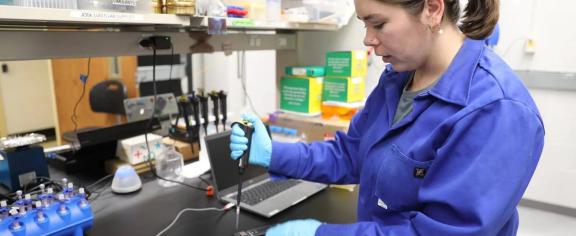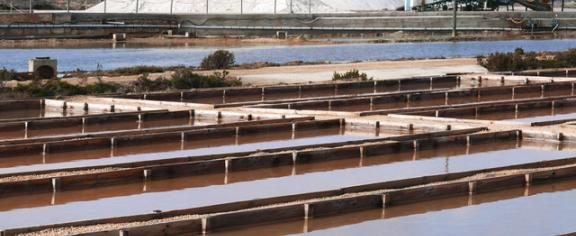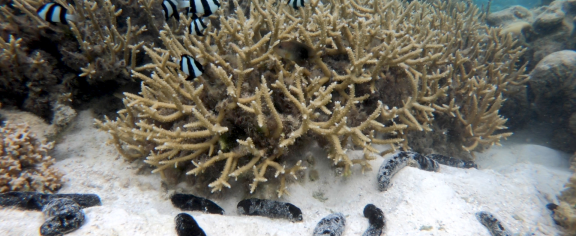2024-03-19
Georgia Tech researchers are teaming up with NASA to study bacteria on the International Space Station to help define how scientists and healthcare professionals combat antibiotic-resistant bacteria for long-duration space missions.
2024-02-21
Energy materials facilitate the conversion or transmission of energy. They also play an essential role in how we store energy, reduce power consumption, and develop cleaner, efficient energy solutions.
2024-03-12
A new video from Georgia Tech's College of Computing highlights Professor Thad Starner's collaboration with the Wild Dolphin Project.
2024-03-04
The researchers used data to investigate natural divisions in bacteria with a goal of determining a viable method for organizing them into species and strains.
2024-02-27
In a first-of-its-kind study, the researchers discovered that sea cucumbers protect coral from disease.
2024-02-08
Faculty members in Georgia Tech's School of Earth and Atmospheric Sciences share their expertise following the recent storm in California.
2024-01-30
As the idea of solar geoengineering picks up steam, Harding invites everyone to join the conversation, starting with learning about what it is, how it works, and whether or not this once-niche proposition really can save the world.
2016-09-29
Suriya Arulselvan (MSCE 2015) and Valerie Thomas, a professor in Georgia Tech’s Stewart School of Industrial & Systems Engineering (ISyE), have been awarded the Judges’ Choice Award for the 2016 Aviation contest from the Massachusetts Institute of Technol
2024-01-17
PIN's Opportunity for All – Innovation for Good Student Applications for Summer open through Feb. 11, 2024.
2024-01-04
New insight into the role of carbon in a low-temperature, light-based reaction may help create ammonia for fertilizer while a new catalyst offers a path to recycling the runoff.





